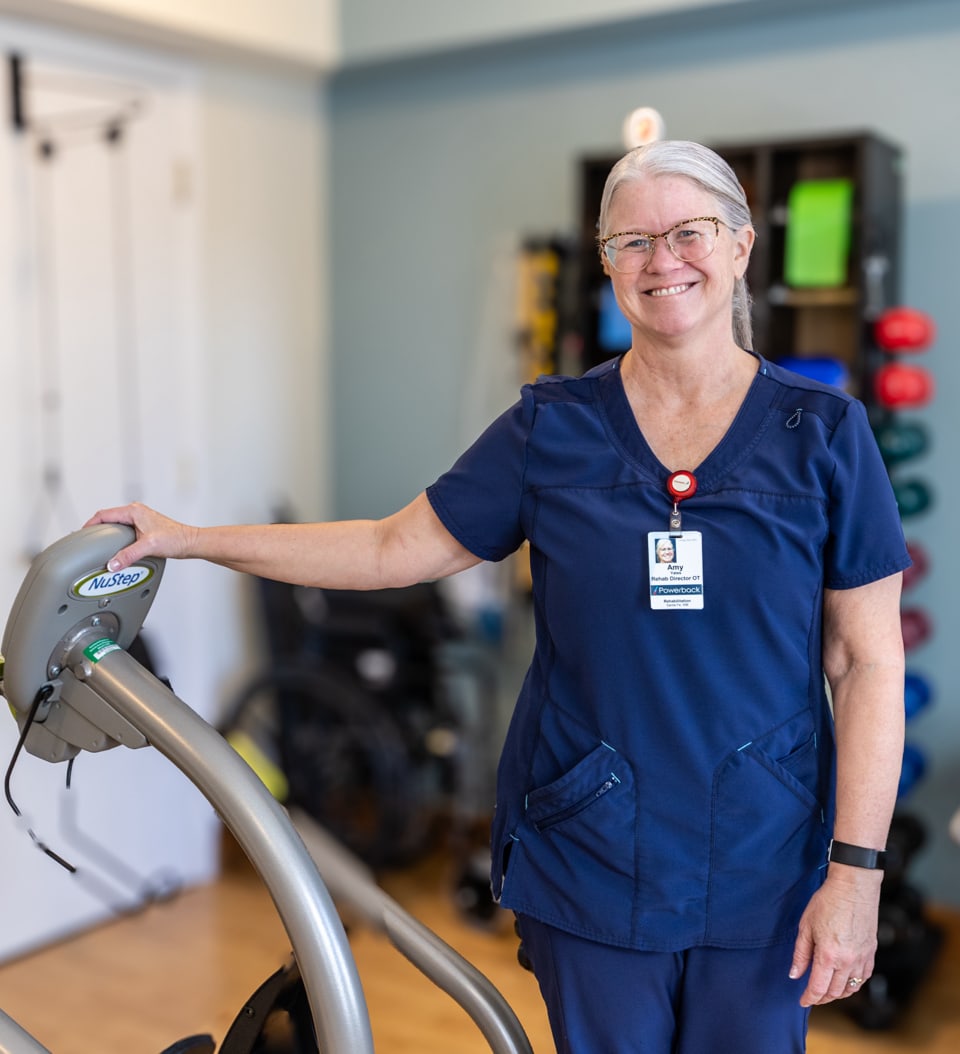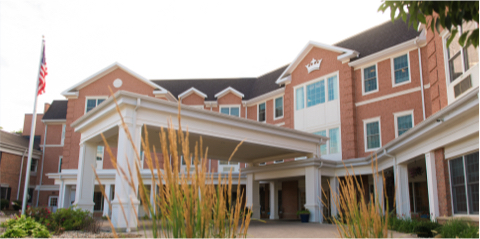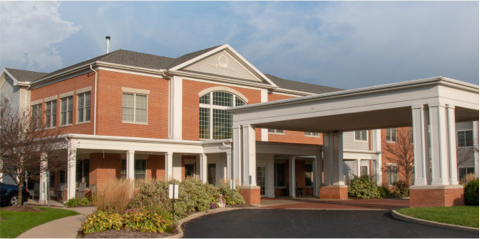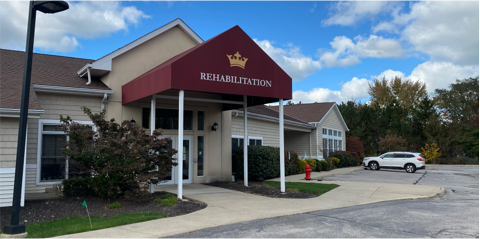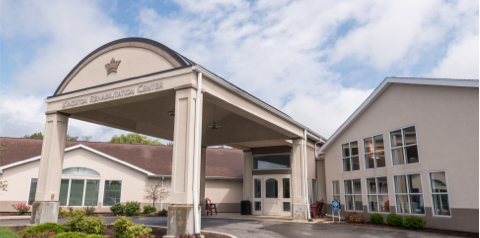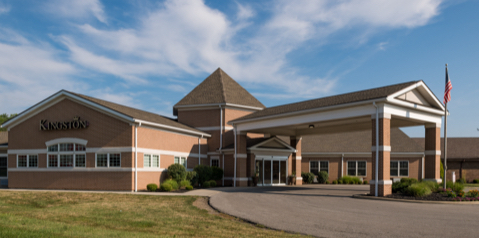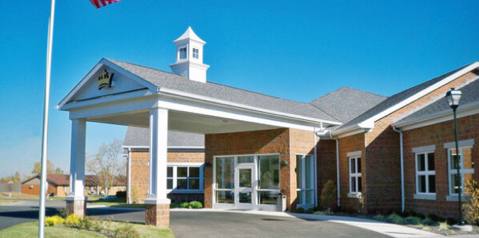Comprehensive, Compassionate Care. Available 24/7.
Compassion, dedication, discretion, and genuine support. These are the tenements that define our approach to skilled nursing.
Skilled nursing offers around-the-clock health care to address advanced illnesses and complex medical conditions—all while maintaining our commitment to preserving the peace of mind of residents and their families.
With the support of our on-site nursing teams, we devote ourselves to providing personalized services that not only address specific health care needs, but works towards elevating the quality of life of everyone under our care.At Kingston HealthCare, you’ll love the way we care. Find a skilled nursing community near you today.
When to Seek Skilled Nursing
Long- and short-term skilled nursing provides a higher level of care than what’s typically offered in assisted living and independent living.
Led by on-site nursing teams located at every Kingston HealthCare community, skilled nursing offers 24/7 support for those:
- Living with long-term health conditions
- Recovering from surgery, injury, or illness
- Requiring consistent medical supervision
Access a Suite of Comprehensive Health Care Services
Get access to quality, professionally-led health care—all within our compassionate, genuinely devoted communities. Skilled nursing provides residents with a comprehensive array of support services and amenities, including:
- Private and semi-private rooms
- 24/7 on-site nursing staff
- On-site emergency response teams
- Mobility transfers (from bed to chair)
- Assistance with activities of daily living
- Medication management
This is just a peek into the assistance we offer. For a full view of our compassionate support, find a community near you today.
Our nursing staff have the training and resources to swiftly address our resident’s unique health care needs. With our support, we can help mitigate the risk of minor health conditions causing serious complications.
Our nursing staff continuously monitor health needs and have the ability to make adjustments to care strategies as needs change. Health monitoring can include vital sign assessments, medication management, and continuous health tracking.
Preventive health care is a core element of our skilled nursing services. These strategies can include fall prevention techniques and ongoing healthcare education for residents.
Care coordination can provide a seamless healthcare experience for residents by actively collaborating with outside medical professionals.
Find a Skilled Nursing Community Today
Kingston Rehabilitation of Perrysburg
- 345 E Boundary St.
- Perrysburg OH
- 43551
- 419-873-6100
Kingston Care Center of Sylvania
- 4121 King Rd
- Sylvania OH
- 43560
- 419-517-8200
Kingston of Vermilion
- 4210 Telegraph LN
- Vermilion OH
- 44089
- 440-967-1800
Kingston Care Center of Fort Wayne
- 1010 Washington Center Road
- Fort Wayne IN
- 46825
- 260-489-2552
Kingston of Ashland
- 20 Amberwood Parkway
- Ashland OH
- 44805
- 419-289-3859
Kingston of Miamisburg
- 1120 Dunaway Street
- Miamisburg OH
- 45342
- 937-866-9089
Compassion, Comfort, Care. Join Kingston HealthCare Today.

Find Our Community
Contact Information
- Phone: 419-517-8200
24 hour availability
Our Address
- 4121 King Rd.
- Sylvania, OH 43560
Conveniently Located
Explore Life
at Kingston HealthCare
Independent Living
Independent living offers an enriching community experience where ease and convenience are always top-of-mind. Live for the moment, we’ll handle the rest.
Assisted Living
Embrace each day with true peace of mind through assisted living. We offer 24/7 onsite nursing alongside our complete array of services, experiences, and amenities.
Memory Care
Help your loved one make the most of every moment with our personalized approach to memory care.
Skilled Nursing
Through skilled nursing and compassionate healthcare, we provide professional, 24/7 support for a wide range of daily living and medical needs.
Skilled NursingRehabilitation
Work with professional on-site therapists, dieticians, and other rehabilitation experts to embrace a healthier side of life.

What Our Staff Are Saying

“A true loving and caring team that provided incredible care for our family.”

Reach Out To Us
Contact Information
- Phone: 419-247-2880
24 hour availability
Our Address
- One SeaGate, Suite 1960
- Toledo, Ohio 43604
Have a question?
Our call lines are always open. Get in touch with us today.
You’ll love the way we care
Get in Touch
